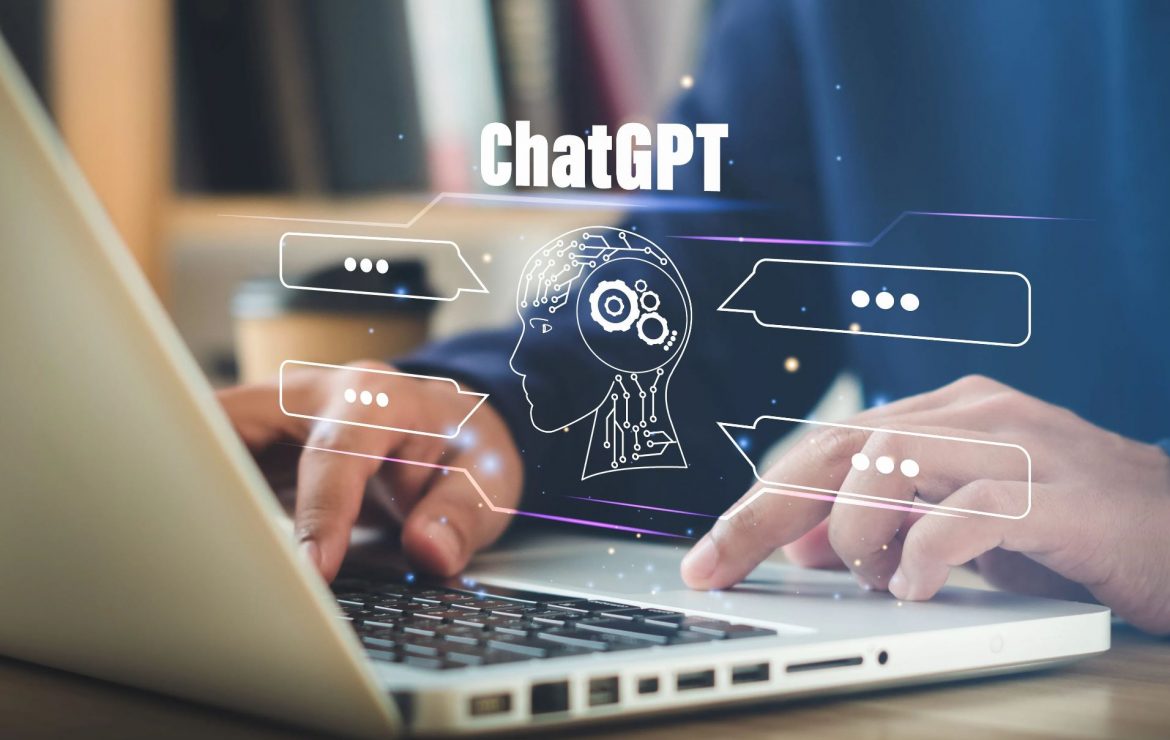One of the latest and most controversial applications of artificial intelligence is ChatGPT, which is a programme capable of answering simple questions with text, which led to its widespread use in education and prompted teachers to question whether it should be banned or utilised.
In December 2022, just weeks after the tool was made available by the California startup OpenAI, 8 Australian universities announced that they would modify their exams, classifying students’ use of the AI program as cheating.
“Our universities have revised how they will run assessments in 2023 through more in-person supervision for local students, and greater use of pen and paper exams and tests”, Vicki Thomson, Chief Executive of the Group of eight universities said.
More recently, many media outlets reported an increase in the use of the tool by students around the world, encouraged especially by videos on TikTok, which prompted public schools in New York to restrict access to ChatGPT on their networks.
“The tool does not help develop critical thinking and problem-solving skills, which are skills necessary for success in life and academia”, said Gina Lyle, the spokesperson for the city’s education department.
ChatGPT is a chatbot that has been trained by being fed huge amounts of data from the internet, enabling it to predict the likely sequel to a text, However, due to the lack of human reasoning, this bot produces a remarkable mixture of correct answers and factual or logical errors that are somewhat difficult to detect.
For example, the AI may classify the whale shark as a marine mammal, make mistakes in the area of the countries of Central America, forget some historical events, such as the Battle of Amiens in France in 1870, or fabricate references that do not exist.
However, in the world of education, some voices are calling for the integration of this innovation into the teaching media, and in a book titled: “waiting for the robots” the author Antonio Caselli, a professor at the Polytechnic Institute in Paris wrote: “ChatGPT is an important innovation, but it is not more important than calculators or text-editing tools that have finally found their place in schools”.
“ChatGPT can help you make a first draft when you find yourself facing a blank piece of paper, but after that, you still have to write and style the script”, he added.
Antonio pointed out that ChatGPT partly reverses the teaching philosophy based on the teacher asking the questions, and said: “This time, it is the student who is asking the machine, and it is an opportunity for us to see how the students carry out the tasks assigned to them, to make them work on fact-checking and check whether or not the bot-generated references are correct”.
For his part, Olivier Ertscheid, a researcher in information sciences at the University of Nantes in western France argued that: “banning the tool is counterproductive because it enhances students’ desire to benefit from it.”
He noted that the challenge for teachers will be “testing the limits of these tools”, as was the case with the emergence of Wikipedia.
Finally, there is a need for regulating the required response for detecting AI-generated texts, for example, the online service GPTZero offers education professionals a tool to detect such texts, while OpenAI is working on a statistical watermark that can be applied during text creation to prevent potential fraud.
Sources and references: AFP













